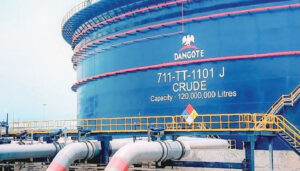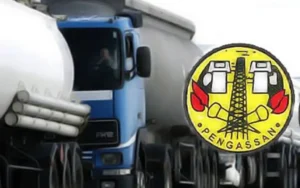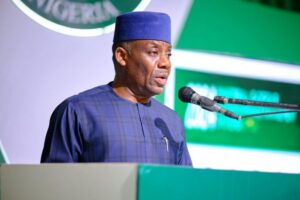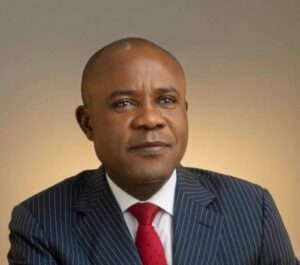
The World Bank has approved three new financing operations for Nigeria, totaling $1.08 billion, aimed at improving education quality, strengthening community resilience, and enhancing nutrition for underserved populations.
The funding package includes $500 million in additional support for the Nigeria Community Action for Resilience and Economic Stimulus (NG-CARES) Programme, $80 million for the Accelerating Nutrition Results in Nigeria (ANRIN 2.0) project, and $500 million for the Hope for Quality Basic Education for All (HOPE-EDU) initiative.
Breakdown of the New Funding:
NG-CARES Expansion: This additional financing will help the Nigerian government scale up access to livelihood support, food security initiatives, and grants for poor and vulnerable households. Originally launched as a COVID-19 response, NG-CARES has benefited over 15 million Nigerians and now functions as a broader safety net program. Operating across all 36 states and the Federal Capital Territory, it supports micro and small enterprises while stimulating local economies through social transfers, public works, community services, and food security interventions.
ANRIN 2.0 (Nutrition and Food Security): With a multisectoral approach, ANRIN 2.0 seeks to expand access to quality nutrition services for pregnant women, lactating mothers, adolescent girls, and children under five. The program, aligned with Nigeria’s National Development Plan (2021-2025) and the Nutrition-774 initiative, aims to reduce malnutrition, improve maternal and child feeding practices, and enhance food security by increasing access to nutrient-rich foods and essential supplements.
HOPE-EDU (Education Quality & Access): This initiative focuses on enhancing foundational learning, expanding access to basic education, and strengthening education systems across participating states. It aligns with Nigeria’s long-term vision for economic growth by prioritizing skills development and literacy improvements for the country’s rapidly growing youth population.
World Bank Country Director for Nigeria, Dr. Ndiamé Diop, emphasized the importance of investing in human capital to unlock Nigeria’s economic potential.
“Investing in human capital is critical for Nigeria as it provides the best opportunity to unlock its enormous potential. These new programs will accelerate education quality and provide much-needed support to vulnerable communities. The HOPE-EDU program, in particular, will drive better education outcomes by implementing bold reforms and strategic investments to equip Nigeria’s youth with foundational skills essential for rapid and inclusive economic growth,” he stated.
The funding comes at a crucial time, as Nigeria grapples with economic hardships stemming from fuel subsidy reforms and foreign exchange rate unification. The additional financing reinforces the World Bank’s commitment to building resilience and fostering sustainable development in the country.








